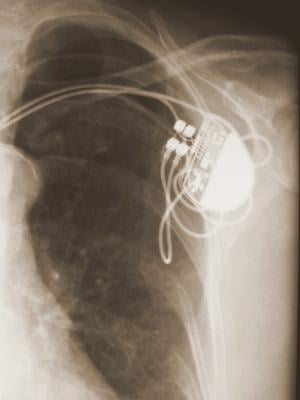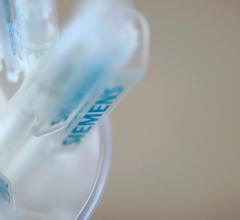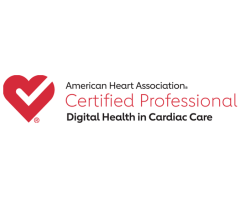
May 16, 2018 — The Heart Rhythm Society (HRS) released communication recommendations to assist healthcare professionals to understand and prepare for potential cybersecurity vulnerabilities of cardiovascular implantable electronic devices (CIEDs). The statement was released during Heart Rhythm 2018 conference last week.
The statement outlines four key communication themes:
1. When to notify patients;
2. Whom to notify;
3. How to communicate with patients; and
4. What elements to discuss with patients.
The relative novelty of cybersecurity threats in CIEDs is raising questions among patients and the heart rhythm care community. The rapidly changing healthcare environment and increasing global interconnectivity expose information technology to new vulnerabilities. Hackers can potentially use these vulnerabilities to gain unauthorized access to medical equipment.
The proceedings statement includes detailed guidance on patient-centered communication strategies when a specific threat is identified. The authors first call for an assessment of the threat by experts from manufacturers and U.S. federal agencies. If a vulnerability is validated, the discussion between the healthcare professional and patient should include five topics:
1. Potential consequences if the vulnerability is exploited;
2.Strategies to mitigate the risks;
3. Technical challenges to exploit the vulnerability;
4. Long-term solutions to eliminate the threat; and
5. Benefits provided by the CIED compared with the risk if the vulnerability is exploited.
The authors note that if the claim of a new vulnerability is released directly to the public, instead of directly to the manufacturer or the U.S. Food and Drug Administration (FDA), there is the potential for a period of uncertainty and anxiety during the evaluation of the claim. U.S. federal agencies and manufacturers must rapidly assess both the validity of the claim and the potential risks to patients to prevent improper action or exploitation of the situation.
"As we look ahead and plan for ways to deal with potential risks to CIEDs, preparedness is the best approach," said lead author David Slotwiner, M.D., FHRS, New York-Presbyterian Queens. "Like other technology such as smartphones or computers, device software needs to be regularly updated. As healthcare professionals, we are inclined to first address hardware issues with the battery or leads, but the software is equally important. The healthcare community must reach a point where routine software updates are considered the standard of care to minimize the threat and ultimately eliminate risks."
The authors also state the importance of managing patient expectations at the time of implant. Patients should know that CIEDs will require software updates until the battery is depleted. By educating patients prior to CIED implant and in advance of a threat announcement, patients will have a better understanding of the systems and be more prepared to respond to a potential vulnerability. HRS will work with its partners to help educate health care professionals on best practices for patient-centered conversations and mechanisms to minimize cybersecurity risks.
The statement captures the proceedings of the 2017 Leadership Summit on Cybersecurity Vulnerabilities: Communications Strategies for Clinicians and Patients that was attended by patient representatives, subject matter experts, HRS and American College of Cardiology (ACC) leadership, FDA and Federal Bureau of Investigation (FBI) officials, and leadership from CIED manufacturers.
The full document was published with an accompanying editorial commentary in the online edition of HeartRhythm, the official journal of HRS. Review the full document and editorial commentary by FDA.
Find links to all the Heart Rhythm 2018 Late-breaking Studies
Related Cardiovascular Device Cybersecurity Content:
Can Your Cardiac Device Be Hacked?
Raising the Bar for Medical Device Cyber Security
The State of Healthcare Cyber Security
FDA Seeks Management of Cybersecurity in Medical Devices
Cybersecurity Threats in Medical Imaging
FDA Announces New Medical Device Safety Action Plan
Reference:
#HRS2018 #HRS18


 November 14, 2025
November 14, 2025 









